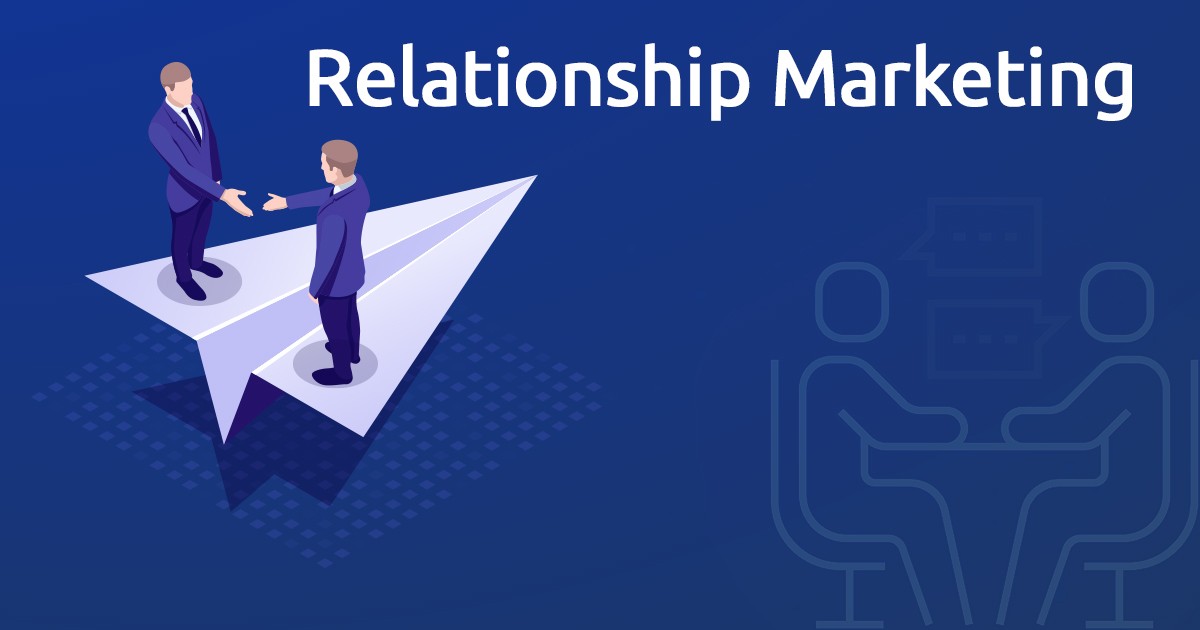A few examples of Relationship Marketing include:
- Giving access to first-rate customer support.
- Using social media to communicate with customers.
- Requesting client feedback and conveying the value of their feedback.
- Establishing a loyalty program or other tempting rewards.
- Event sponsorship.

